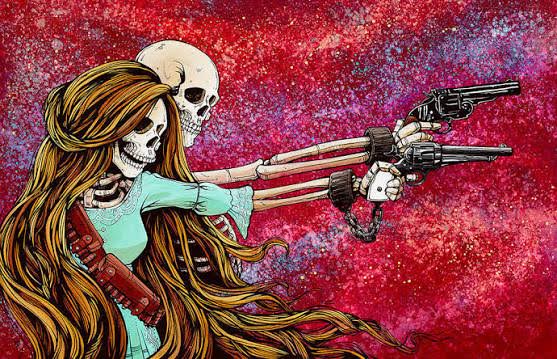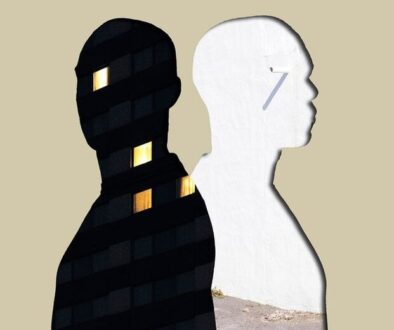THE DAY OF THE DEAD

## History and Meaning of the Day of the Dead
The **Day of the Dead**, or *Día de los Muertos*, is a Mexican holiday celebrated on November 1st and 2nd each year. Its origins can be traced back to ancient indigenous cultures, including the Aztec, Purepecha, and Nahua people, who honored their deceased ancestors.
### Historical Background
– **Pre-Colombian Roots**: The celebration of death is an integral part of Mexican culture, with roots dating back over 3,000 years. Indigenous peoples viewed death not as an end but as a part of a continuum; the dead were believed to remain spiritually present among the living.
– **Aztec Beliefs**: The Aztecs had a rich mythological framework surrounding death. They believed that after death, souls journeyed through various challenges. Successful navigation led them to their final resting place, the *Mictlan*, or the underworld.
– **Spanish Colonization**: When the Spanish colonizers arrived in the 16th century, they sought to convert the indigenous peoples to Christianity. This led to a syncretism of beliefs where the Catholic feast of All Saints’ Day and All Souls’ Day merged with indigenous traditions, evolving into the current observance of the Day of the Dead.
### Contemporary Meaning
Today, the Day of the Dead is celebrated with vibrant joy and creativity, representing a blend of spirituality and cultural identity.
– **Offerings and Altars (Ofrendas)**: Families create altars in their homes and cemeteries to honor their deceased loved ones. These altars often include photographs, food, drinks, and items that the deceased cherished, guiding their spirits back home.
– **Symbols**: Key symbols include sugar skulls (*calaveras*), marigold flowers (*cempasuchil*), and papel picado (decorative paper). Each element reflects the connection between life and death and symbolizes the belief that death is not to be feared but embraced.
– **Celebration**: The holiday is characterized by colorful festivities, including parades, music, and traditional dances. Communities gather to celebrate and remember those who have passed, reinforcing family bonds and cultural heritage.
### Summary
The Day of the Dead is a profound reflection of Mexican culture, blending ancient traditions with modern practices. Its unique approach to death emphasizes remembrance, connection, and the continued presence of loved ones in the lives of the living.


